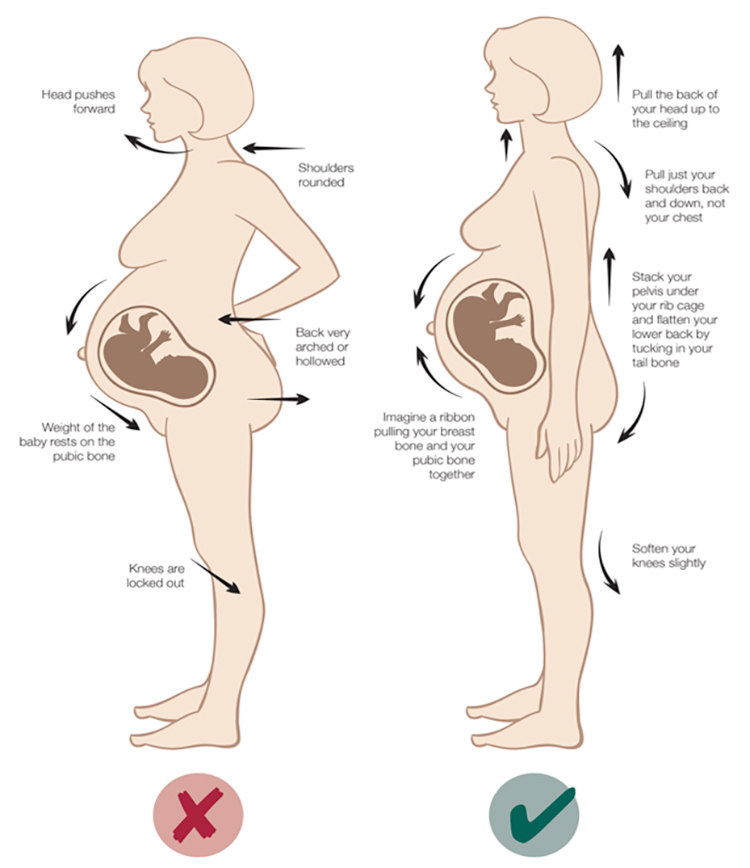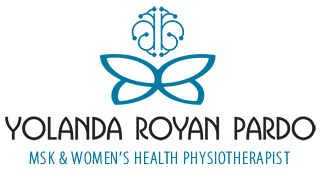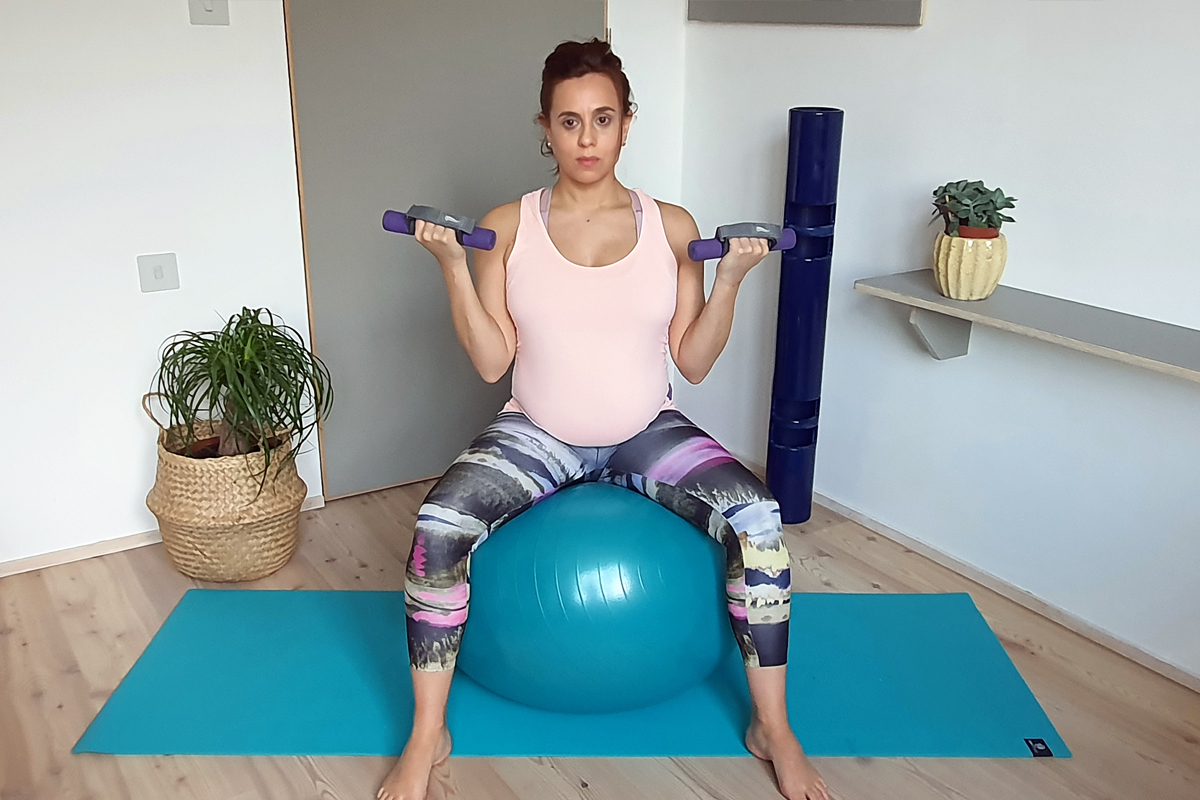How to take care of yourself during pregnancy
One of the most remarkable and inevitable things that you will feel while you are pregnant is the amazing changes that you will experience in your body week after week and month after month.
These changes are going to be the path that will take you to meet your baby, but the changes that your body experiences are sometimes not without consequences.
Your pelvic floor
For this reason, during pregnancy it is important to have your pelvic floor assessed by a physiotherapist specialised in women’s health, who will explore the condition of your abdominal and pelvic muscles.
The pelvic floor muscles are an important group of muscles that are at the bottom of your pelvis to help keep the pelvic organs – bladder, uterus and bowel – in the correct position, as well as giving you control when you urinate and defecate.
During pregnancy, there is a relaxation of the abdominoperineal muscles for various reasons; hormonally there is a relaxation of the abdominal muscles to accommodate the baby and also, of the pelvic floor to facilitate the moment of birth.
In addition, the pelvic floor will work in conjunction with a series of structures such as the diaphragm, the abdomen and the lumbar spine. These elements that also suffer modifications during pregnancy, will indirectly influence the pelvic floor.
Your posture
Therefore, one of the modifications that a woman’s body experience is obviously posture. As the abdomen increases in volume, the pelvic floor receives more weight, the abdomen becomes distended and this influences the biomechanics of the abdominal lumbo-pelvic complex.

For a lot of women, these adaptations are accepted by the body without complaint, but in some cases, they can result in pain and dysfunction that impacts everyday tasks, including sleeping, as well as exercise. However, there is a commonly held belief that this pain is, at best, normal or even inevitable and, at worst, untreatable.
Physical therapists specializing in pregnancy are experts at correcting the causes of pain and empowering women with exercise and self-care about their posture, abdomen and pelvic floor techniques and preparation for the birth.
If you’d like some more information on how antenatal therapy can help you please call me on 0751 418 5249 or see here for further information about pregnancy treatments.


